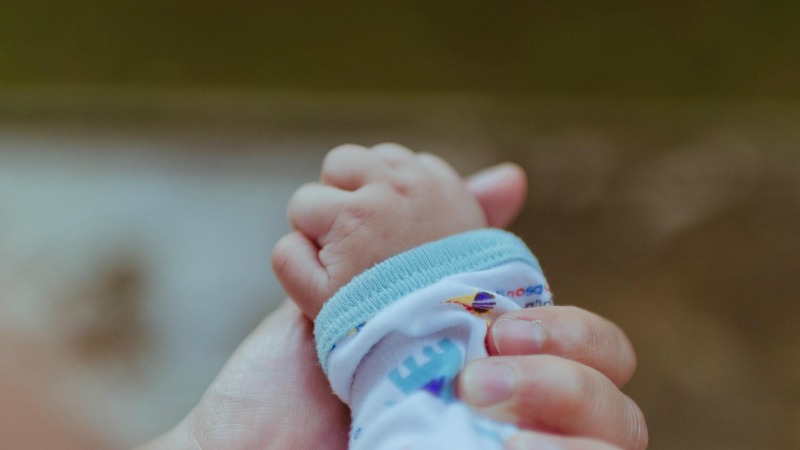My shoulders tensed up, as I looked over at my sons, eating popcorn in the seats next to me. It’s not that I didn’t think there would ever be a film that might unearth some awkward and potentially traumatic family conversations. It’s just that I didn’t expect it would be Kung-Fu Panda Two.
In this animated film, there’s an adoption subplot that I wasn’t quite prepared for walking in. It turns out (spoiler alert) that the panda protagonist, Po, finds out that his goose father isn’t his biological Dad. He was found, abandoned, in a turnip crate when he was a cub. Po discovers that there was an ancient prophecy that the wicked king would be defeated by a panda. The king sought to destroy, preemptively, all the pandas to ensure that his rival would never emerge. I guess you could say, he was troubled, and all Jerusalem with him (Matt. 2:3), but that’s another Story.
The movie deals intermittently with Po seeking to answer the question, “Who am I?” It’s through finding his place in the old prophecy that he discovers his identity, and comes to peace with who he is.
I winced, not because the movie addressed adoption, but because the old goose seemed to stammer, almost with shame, when he “admitted” that his son had been adopted. My shoulders relaxed though as the movie grappled in what I found to be a helpful and basically life-affirming way with what is one of the most often disturbing aspects of adoption.
Many (though by no means all) children who were adopted eventually ask the kinds of hard questions this film raises in the middle of all its fun and silliness. One might be haunted with “Who am I” and “What if” and “Why” questions. In one sense, we all face those questions, regardless of our backgrounds. But, for children who’ve been adopted, there’s often a special sense of helplessness in the face of them.
If social Darwinism were true, then these questions would be bleak. In that world, the question “who are you” is primarily answered by genetic makeup. If you don’t know your full biological background, you can never really know who you are. But, as those who’ve staked our lives on the empty tomb of Jesus, we know that’s not the real world.
If you were adopted, there is nothing at all wrong with wanting to find out as much about your background as you want. There’s nothing wrong with wanting to meet your birth-parents or other biological relatives. That’s part of your story. But the word “part” is really important.
If you know Christ, meditate on the providence of God in your personal story. You are who you are, and you belong where you are, because you are exactly where God intended for you to be, in order to become the person you are. Nothing happens to you by accident. All things, even mysteriously those awful things that God hates, fall somehow into a secret cosmic drama in which everything works together “according to the counsel of his will” (Eph. 1:11).
No matter how horrible your back-story, you are not a freak, and your life is no accident. Yes, genes are important. You have the genes God wanted you to have. Yes, nurture is significant. You have the parents God wanted you to have. It’s the interplay between the two that makes you who you are. Despite all the reductionisms of our age, we come to be the kind of persons we are by a curious combination of genes, upbringing, and free decisions. You are not captive to any of these.
And in your case, as in the case of all of us, God orchestrated all these factors to form you into the kind of person you are, with the kinds of experiences you have. Why? You might not know for thousands of years. If you’re in Christ, God is preparing you to rule over the cosmos. He wants you to be who you are in Christ and to be ready for this reign.
This film was an entertaining two hours; and it really was entertaining. I would say “two thumbs up,” but you might think I was making a joke about pandas, thumbs, and intelligent design. But beyond all the entertainment, I wondered whether the animated pain on the screen in front of us might have provoked some real pain in the people I love the most.
As we walked out of the theater, I prodded a bit, to start whatever conversation needed to be had. “What did you think of the movie,” I asked. “When he started throwing those cannon-balls,” my sons chirped back, “that was cool.”
They don’t seem to have any kind of “identity crisis” at this point, but I sure do. Every minute of every day, I struggle with whether I am who I was on my own terms, what the Bible calls “the flesh,” or whether I am who God has pronounced me to be in the gospel, a beloved child and heir.
And, as an animated panda I know might say, that’s just awesomeness.






